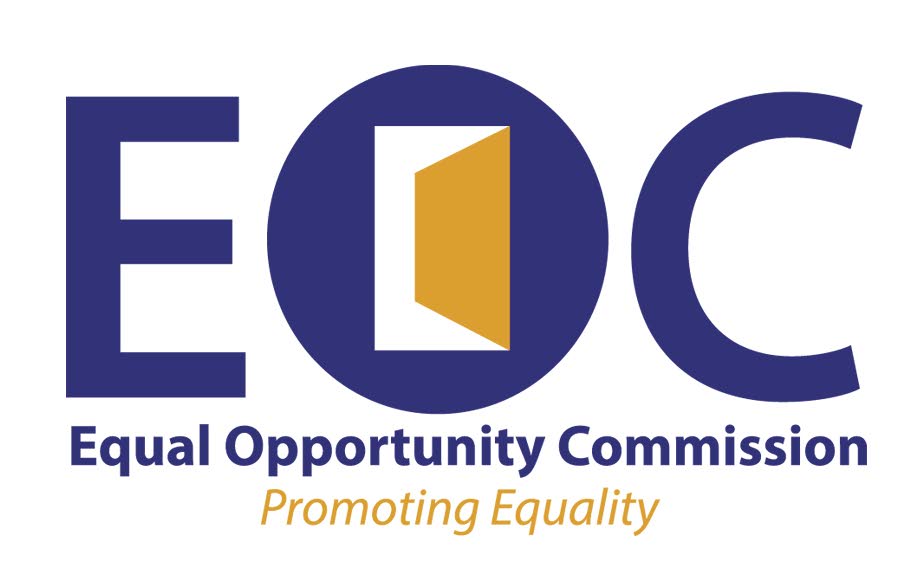Towards a National Human Rights Institution

THE EQUAL Opportunity Commission (EOC) has set as one of its strategic objectives, to promote the transformation of the EOC to become the National Human Rights Institution (NHRI) of TT. This is the first of four columns on this topic. Today, we ask the question: Why a NHRI for TT?
Necessary to understanding the why is asking the what? What is a NHRI? NHRIs are state bodies that are given powers either by the Constitution or by written law to protect and promote human rights. They are part of the state apparatus and funded by the State. However, NHRIs operate and function independently from Government.
For example, NHRIs are not subject to the direction or control of a minister or of Cabinet, in the same way the Ombudsman is independent from these people. While their specific mandate may vary from country to country, the general role of NHRIs is to address discrimination in all its forms, as well as to promote the protection of civil, political, economic, social and cultural rights.
They are generally created with a broad and proactive mandate to work towards the advancement of human rights, and then they may be given specific tasks receiving and investigating complaints and reporting to international bodies on compliance with human rights treaties. Their core functions are any or all the following:
1. Monitoring: They monitor the human rights situation on the ground, and may, for example, inquire into specific areas such as the human rights of vulnerable groups.
2. Reporting: They report on human rights: this may be to Parliament, to the general public or to international bodies that the Government has committed itself to reporting to. For example, TT currently reports periodically to various United Nations bodies on its compliance with the following human rights treaties that it has signed and ratified:
* International Covenant on Civil and Political Rights (ICCPR)
* International Covenant on Economic, Social and Cultural Rights (ICESCR)
* Convention on the Rights of the Child (CRC)
* Convention on the Elimination of all Forms of Discrimination against Women (CEDAW)
* Convention of the Elimination of all Forms of Racial Discrimination (CERD)
* Convention on the Rights of Persons with Disabilities (CRPD)
3. Research and advice: They advise government and the public generally on law reform, policies or programmes to overcome gaps in the human rights protection system and address existing and emerging human rights concerns. They publish research, recommendations and opinions.
4. Co-ordinating: NHRIs serve as a focal point to co-ordinate the activities of the State with societal actors (eg, civil society, NGOs) and with regional and international organisations. They lend needed support to human rights defenders who work on the ground.
5. Public engagement: They promote a culture of rights, through training and awareness-raising activities, in much the same way the EOC engages in public training and advocacy, free of charge, to people who request same, to inform about the rights and remedies granted by the Equal Opportunity Act.
6. Complaints handling: They may be able to receive and investigate complaints from members of the public who have alleged a breach of their human rights, in much the same way the EOC presently receives and investigates complaints of a breach of the rights given by the Equal Opportunity Act.
Why should we advocate for a NHRI?
It is beneficial to have a body dedicated to human rights; as with any special-purpose body it can dedicate its energies to its area of expertise. While the judiciary has championed the enforcement of human rights, an NHRI should be separate from the judicial function because that function does not lend itself to broad and proactive duties such as advocacy, monitoring, reporting and co-ordinating; the judiciary’s role is to impartially adjudicate on matters that citizens bring before it and to not go further. The NHRI should be sufficiently distanced from the Executive to provide independent and impartial assistance through monitoring, reporting and advice.
At the same time, the NHRI must be a part of the machinery of government. This official capacity grants it legitimacy and powers that are particular to statutory institutions, and grants access to the policymakers for meaningful discussion. Additionally, the NHRI can function as the intermediary between the Government and civil society. It can provide a meeting point between and among the State and the various civil society groups.
The EOC believes that it is best positioned to become the NHRI for TT, and looks forward to working with the Government and civil society for this to happen. We will explore this area in future columns.

Comments
"Towards a National Human Rights Institution"